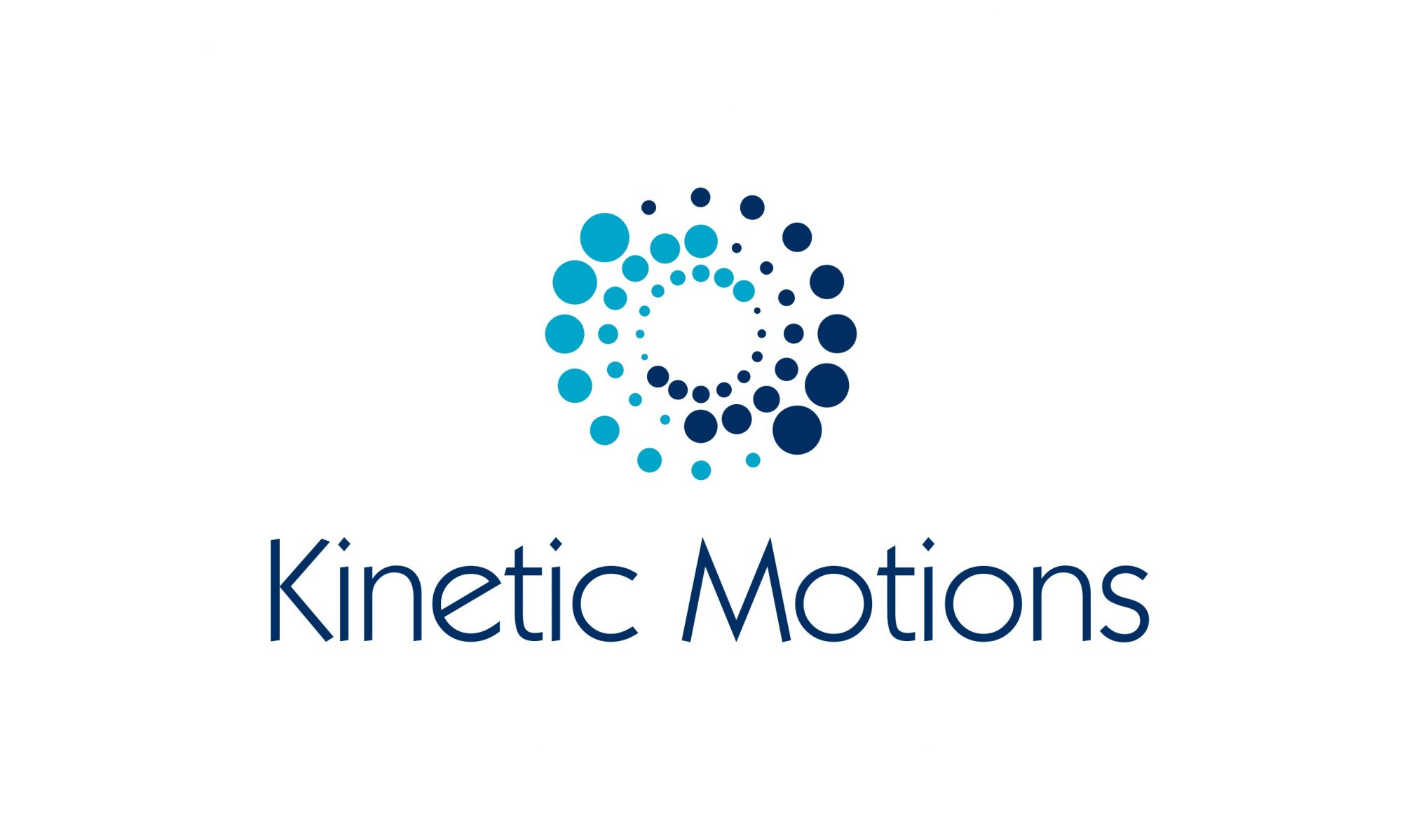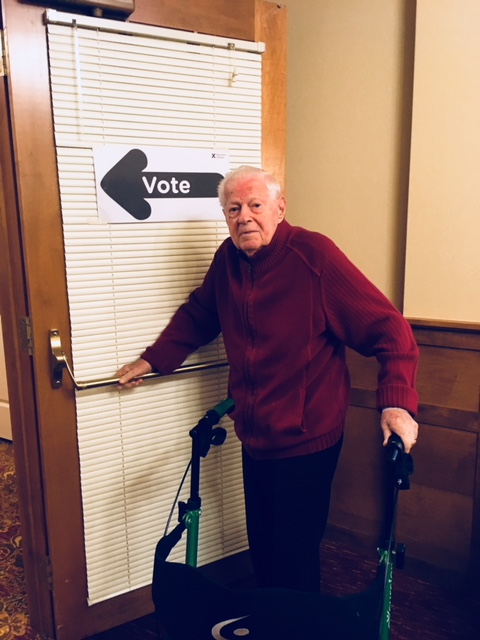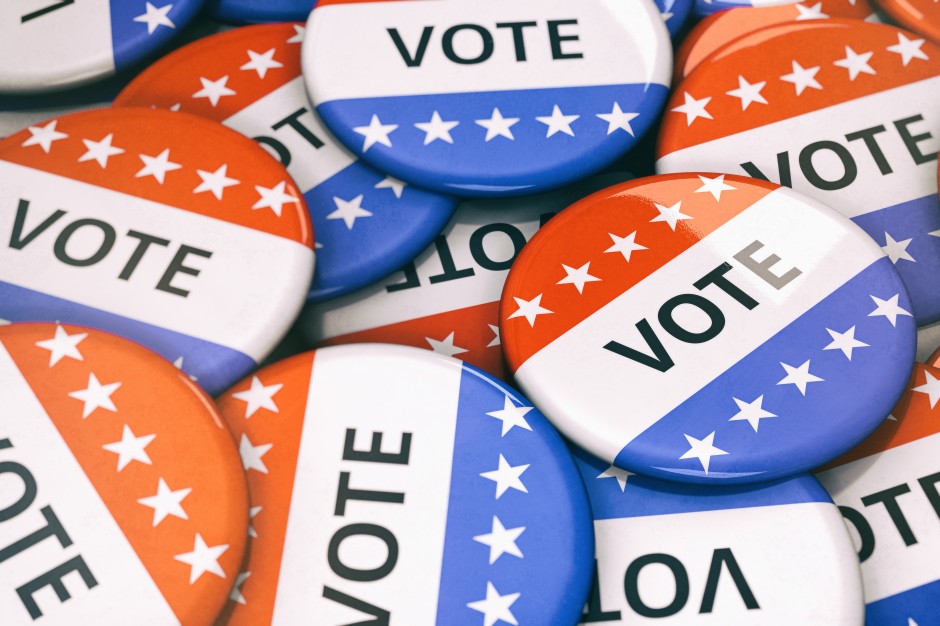I feel privileged every day that I live in a free, just and democratic country. I take nothing for granted in my life, and when it is an election in my city, province or country, I take my privilege to vote very seriously.
As I write, it is late afternoon on Thursday, June 7th. It is election day in the province of Ontario, and it’s been a hard fought (sometimes nasty) campaign. I am not going to use this space to share my opinion on which candidates or political party would be better for the province of Ontario. I don’t support any specific political party and choose who I vote for very carefully. Whether it’s at the municipal, provincial or federal level, day to day I am non-partisan and support candidates and elected officials for various reasons.
Again, who I actually voted for today is not relevant here and I am not sharing my choice. What is relevant is that I voted. I always vote. It always amazes me that so many people in countries like Canada choose not to vote. Whether your candidate of choice wins or loses, I believe that all citizens who are the age of majority are obligated to cast a vote.
For example, only 52% of eligible citizens voted in Ontario’s last provincial election back in June of 2014. Federal election turnout was better three years ago when 68% of eligible voters cast a ballot. Media reported “higher voter turnout” after Toronto’s 2014 election, which saw 60% of eligible voters participate.
Why should we be satisfied with a turnout of 60%? Shouldn’t we strive for 100% participation, or close to it? If someone can’t vote on election day, there are ample opportunities to cast a vote before. Or remotely. Our democracy doesn’t just encourage us to vote, it obligates us to do so.
I remember watching the news about 15 years ago when open elections came to Iraq. This was a country that was under brutal autocratic rule for years. There was no such thing as open, free and fair elections for the people. Iraq was still a dangerous place after the regime was toppled. Democracy was in its infancy. And there were elections.
People waited in line for hours, and many of them risked their lives just to cast a vote. Polling stations and those long lines were often attacked. Scores of people were killed. But they had to vote, or at least they had to try. I remember reading the stories and watching on TV and was in awe. The ability to vote was so easy for me, living in an established democracy like Canada. How could I not always vote? How could every Canadian not always vote?
And yet many do not. I hope the voter turnout increased today from its previous number of just 52%. The provincial government in Ontario is going to change today. Many people will be happy and a large number will be angry. But in my mind, unless you voted you do not have a right to complain about your government. The person for whom I cast my vote may or may not win. The party of my choice may or may not be in power tomorrow, . but I participated in the process. And I always will.
**That’s my grandfather, age 97 (98 in a few weeks!) voting today. He is someone who taught me the importance of voting.



